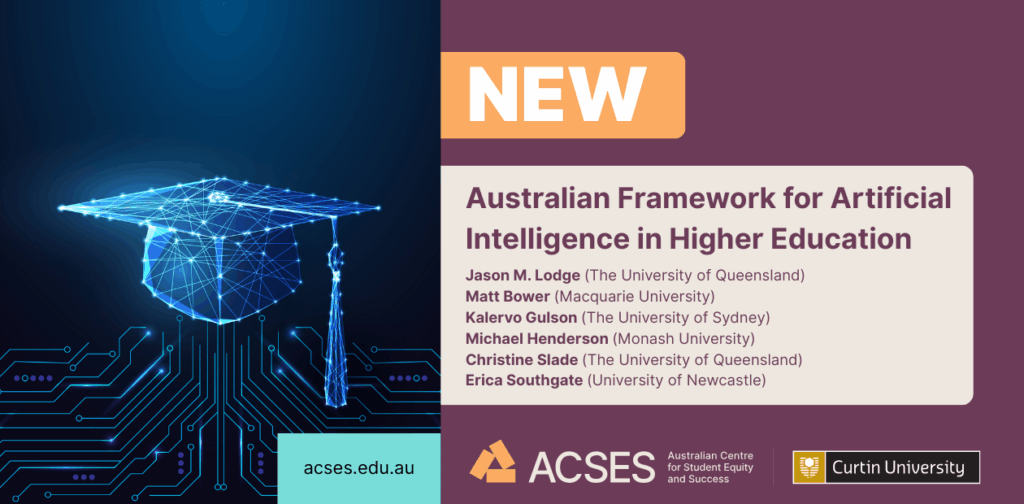
The NCSEHE has commissioned four large-scale projects to improve access to information about higher education study options, pathways, and careers for disadvantaged students and those who influence them.
With a particular focus on low socioeconomic status (SES), regional and remote, and Indigenous students, the research projects are being conducted under the Australian Government Department of Education, Skills and Employment National Priorities Pool (NPP) program.
Four lead universities have been awarded grants including La Trobe University; Curtin University; the University of Tasmania; and the University of Wollongong. Projects address two main Themes:
Theme 1: Key influencers of low socioeconomic status (SES) students, low SES regional, rural and remote students, and low SES Indigenous students towards higher education pathways and career choices.
Informing key influencers of low SES regional, rural and remote students’ education and career pathway choices: a whole of community approach, led by Professor Sue Kilpatrick (University of Tasmania)
This project aims to design, trial and evaluate whole community, place-based, coordinated career and education pathway information and support. It will test a transferable model designed to increase whole community understanding of career and education pathways and resources available to support higher education pathways.
A student-centred approach: Understanding higher education pathways through co-design, led by Mollie Dollinger (La Trobe University)
In order to understand what specific support and advice students need, this project will harness students’ and stakeholders’ voices and perspectives on how resources and future intervention strategies can support student equity in higher education pathways. Research outputs will include co-created tailored toolkits that translate findings into resources that parents, teachers, and other student influencers can use and adapt to their contexts.
Theme 2: Higher education careers advice for low SES students, including low SES Indigenous students and low SES regional, rural and remote students.
Higher education careers advice for low SES students, including low SES Indigenous students and low SES regional, rural and remote students, led by Kylie Austin (University of Wollongong)
The project responds to recent national reports to examine how higher education institutions can play a more defined role in providing career-related advice to prospective students. Subsequently, the project will consider how careers advice can be expanded beyond the more traditional counselling or school advisor roles and will also develop a set of best practice principles to guide innovative delivery of such to school and non-school leavers.
Ameliorating disadvantage: Creating accessible, efficacious and equitable careers and study information for low SES students, led by Professor Dawn Bennett and Dr Jane Coffey (Curtin University)
Generally, students from disadvantaged groups experience higher rates of attrition and deferral and poorer graduate employment outcomes. This project will address the critical need to understand and improve low SES students’ access to, and the efficacy of, information about higher education study options, pathways and careers. This includes low SES Indigenous, regional and remote students.
NCSEHE Director Professor Sue Trinidad said the Equity Research and Innovation Panel had ranked these two Themes as priority areas.
“The NCSEHE is pleased to oversee four excellent research teams, selected through a highly competitive two-stage Expressions of Interest process,” Professor Trinidad said.
“These projects will fill research gaps and build upon the evidence base, producing outcomes over the coming year that will be shared broadly with stakeholders.”
The projects will be conducted during 2019–20. More information and extended project summaries are available here on the NCSEHE website.




